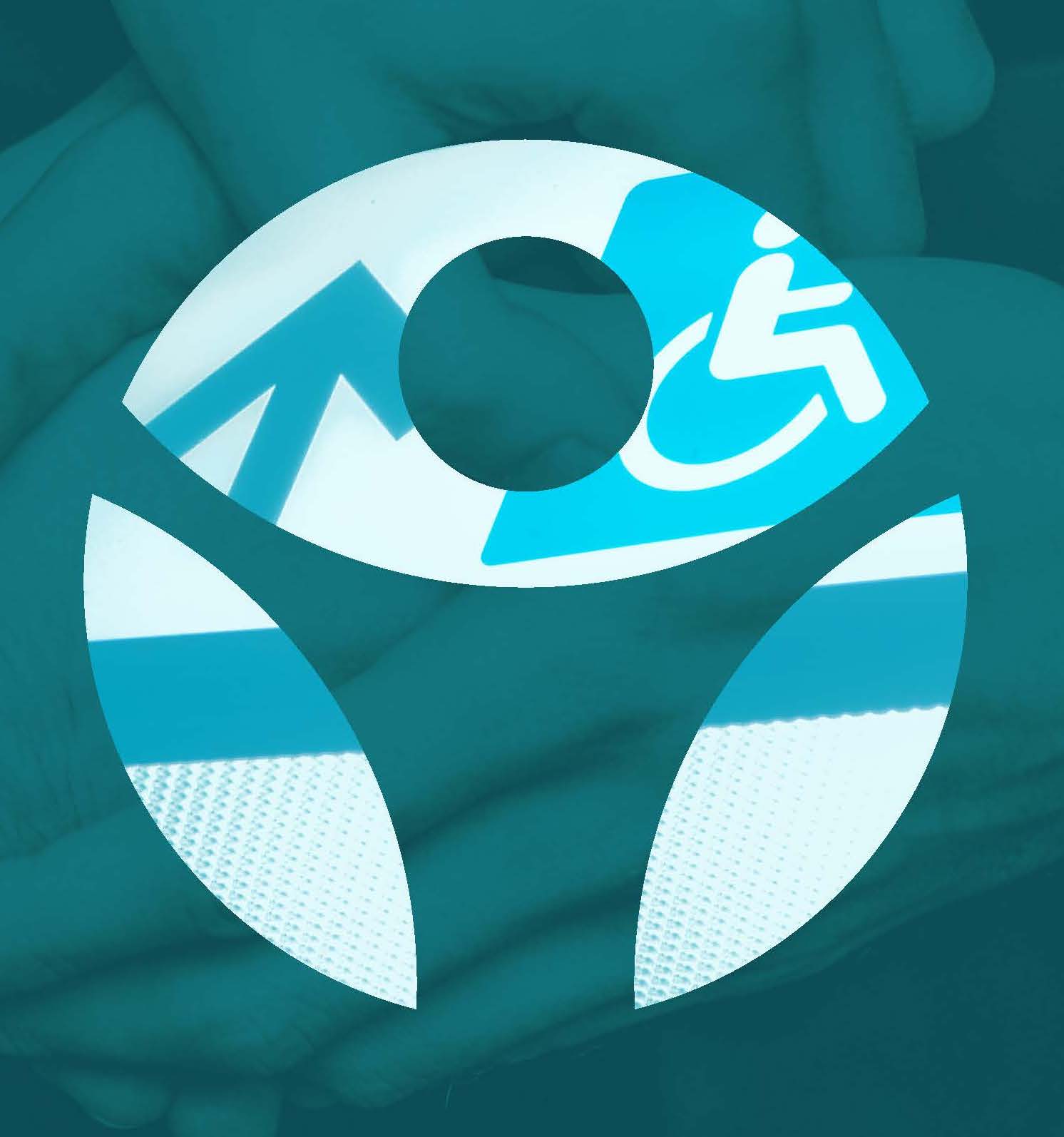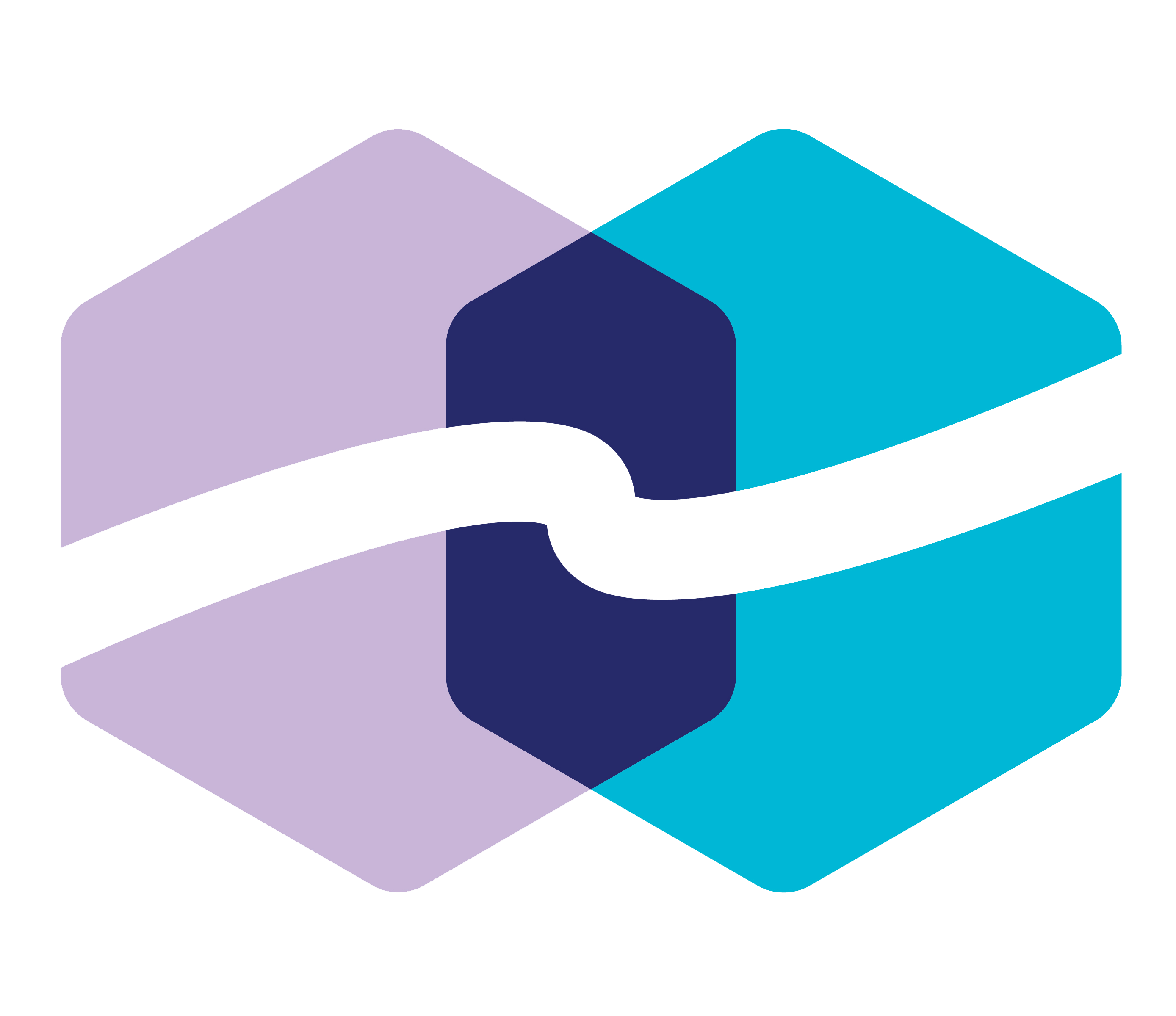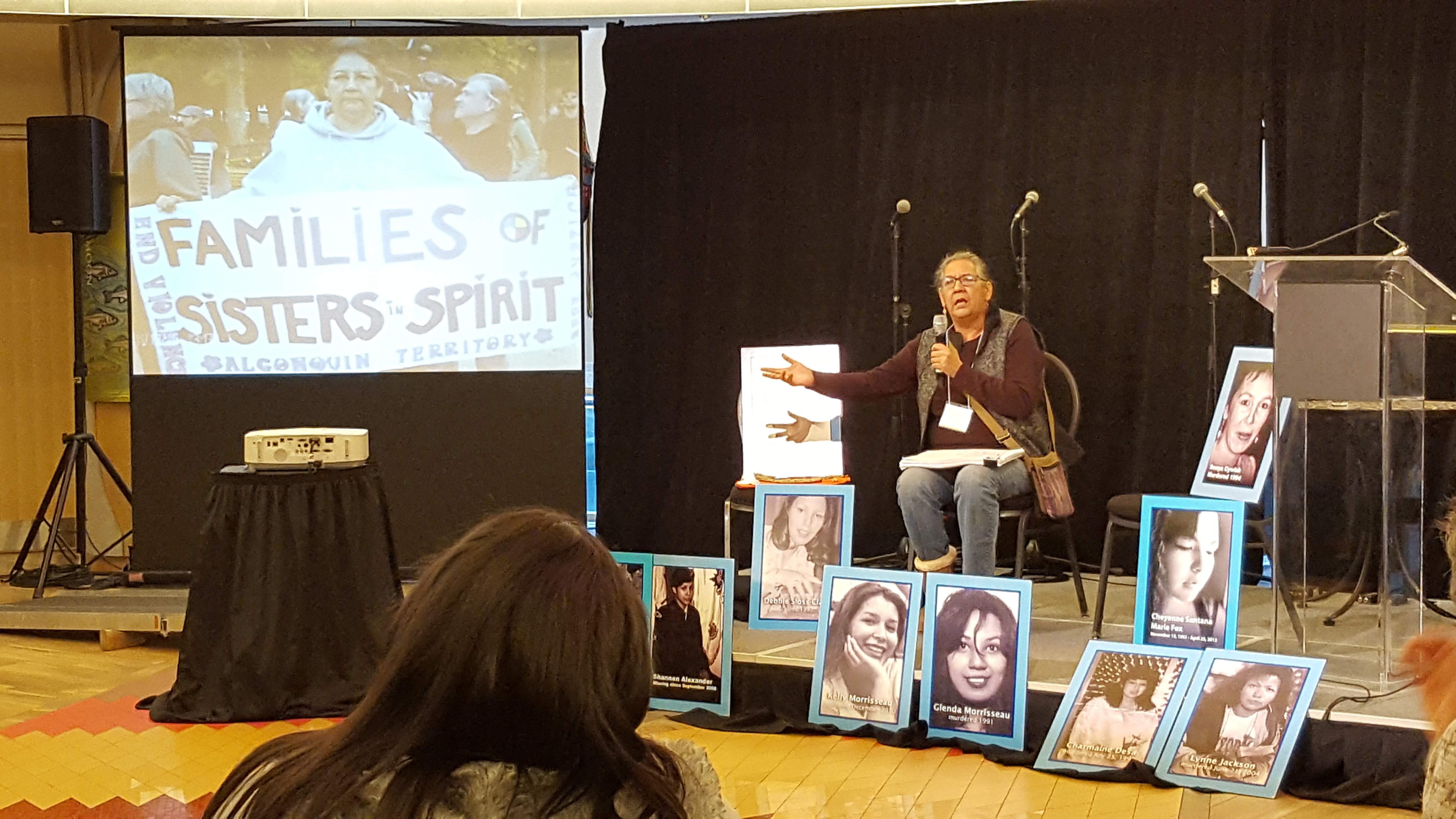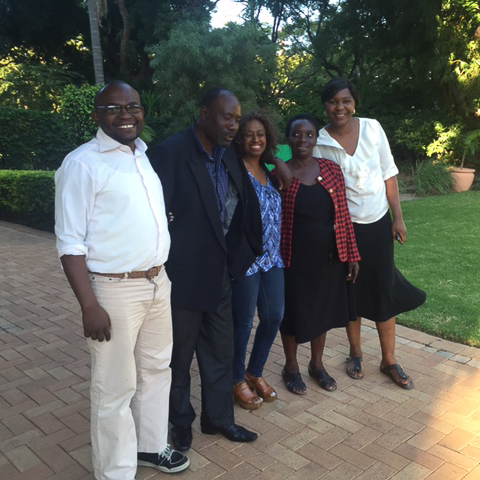IRIS fosters social innovation to re-imagine inclusion and accessibility, and designs new ways to meet unmet needs. We do this by:
•Developing new community strategies to address inequality, violence and exclusion
•Designing tools and strategies to benefit and equip individuals, families and key community stakeholders
•Piloting, testing and adapting new approaches for creating inclusive and accessible services, supports and communities
Current Projects
Past Projects

Equal Right to Decide Demonstration Initiative
Timeframe: June 2019 to August 2022
IRIS is providing technical support to organizations in eight communities across Manitoba, Ontario and Newfoundland and Labrador to design and implement pilot community-based initiatives for support in decision making. These initiatives will demonstrate how to effectively support people with intellectual and cognitive disabilities, and people living with mental health issues, in exercising their legal capacity in health care, financial and personal life decision making.
Supported through financial and in-kind contributions from the Canadian Association for Community Living, Community Living Ontario, Inclusion Winnipeg and Newfoundland and Labrador Association for Community Living, as well as other community partner organizations.

The Accessibility Exchange | Connecteur pour l’accessibilité
Timeframe: September 2020 to December 2022
IRIS is pleased to be leading the development of an online platform “The Accessibility Exchange” to help realize the vision of the Accessible Canada Act for an inclusive and accessible Canada by 2040.
The Accessibility Exchange is an online platform that assists federally regulated organizations in finding and recruiting diverse people with disabilities and Deaf persons, their supporters, and their organizations to participate in consultations to build effective accessibility plans.
The platform will support people with disabilities and Deaf peoples to share their expertise with federally regulated organizations in how to remove barriers in their policies, programs, workplaces, and services.
The Accessibility Exchange has been developed by diverse people with disabilities, Deaf people, their supporters and disability, civil society, and federally regulated organizations.
To sign up for updates and to learn about how you can engage in The Accessibility Exchange, please visit https://news.accessibilityexchange.ca/ We look forward to welcoming you as it begins to launch in the fall 2023!
Supported by Employment and Social Development Canada.

Working Together: Combating Structural Violence against Indigenous, Racialized, Migrant Women and Women Labeled with Intellectual and Psychiatric Disabilities
Timeframe: January 2015 to December 2018
Objective: To ensure that key service providers have increased knowledge on the nature of abuse, barriers, challenges and service gaps for women in target communities and that the target women’s groups have been connected, have established a working relationship – locally and nationally, and have gained and strengthened skills to identify and respond to abuse, as well as plan for their safety.

No Woman’s Land
Timeframe: March 2015 to March 2018
Objective: To explore the real stories of refugee women living in Ontario, their experiences of sexual violence in refugee camps prior to migration, and its traumatic effects resulting in mental health and other disabilities, through a multi-disciplinary performance piece and call to action entitled No Woman’s Land, which used dance, video and verbatim theatre.

Advancing the Right to Legal Capacity for People with Mental Health and Intellectual Disabilities in Zambia
Timeframe: February 2016 to February 2017
Objective: To strengthen capacity of people with mental health and intellectual disabilities, their families and the communities they live in, by developing effective community based mental health and other supports, to enable people to exercise legal capacity, resulting in social and economic inclusion.
